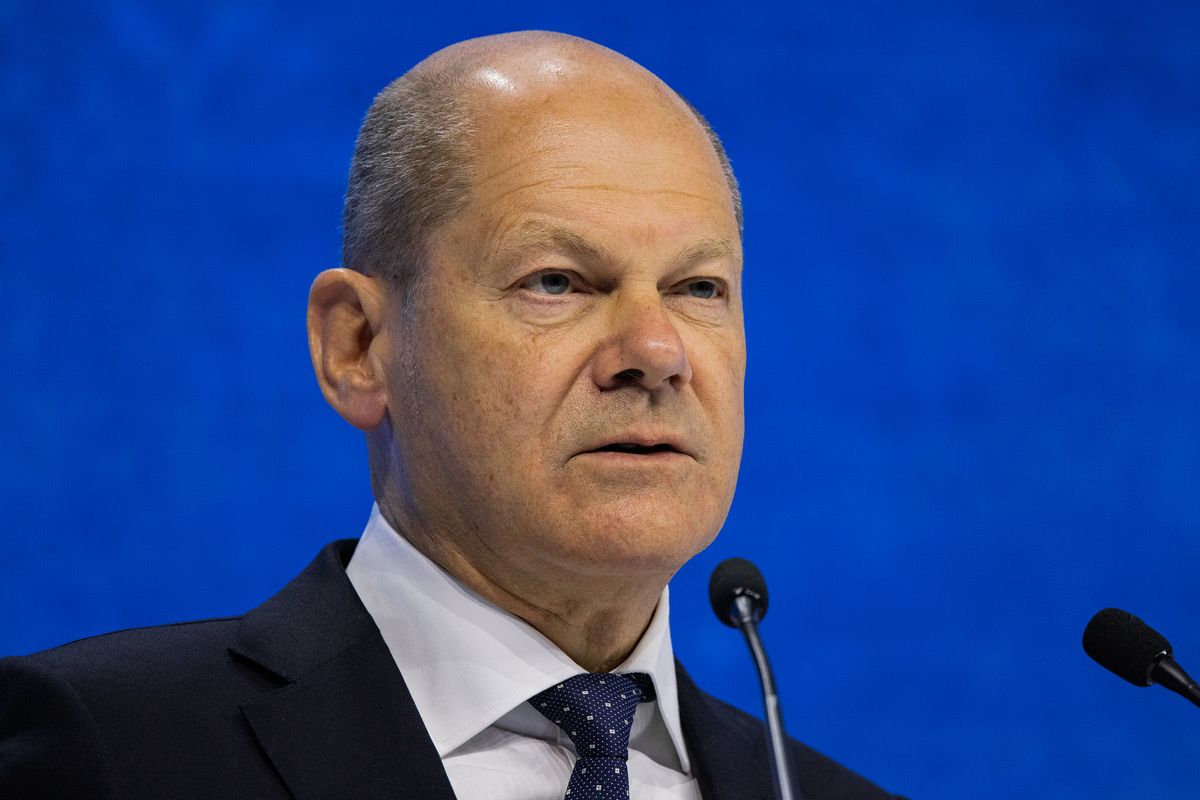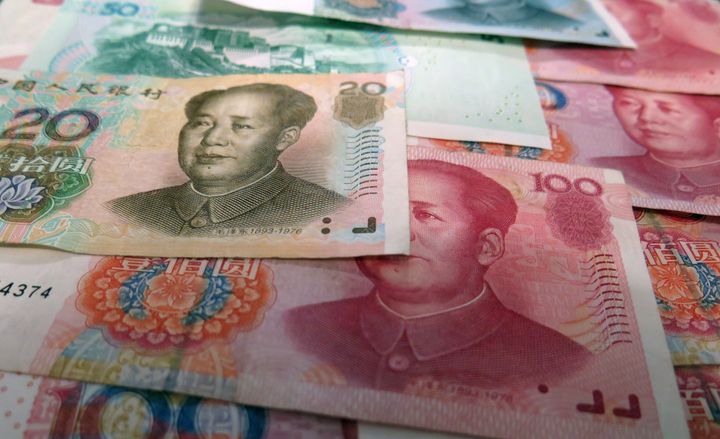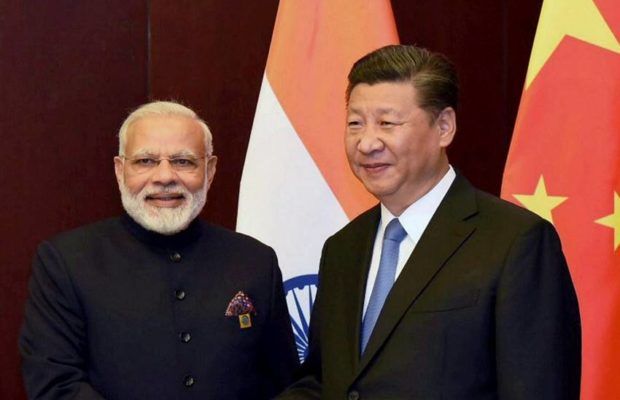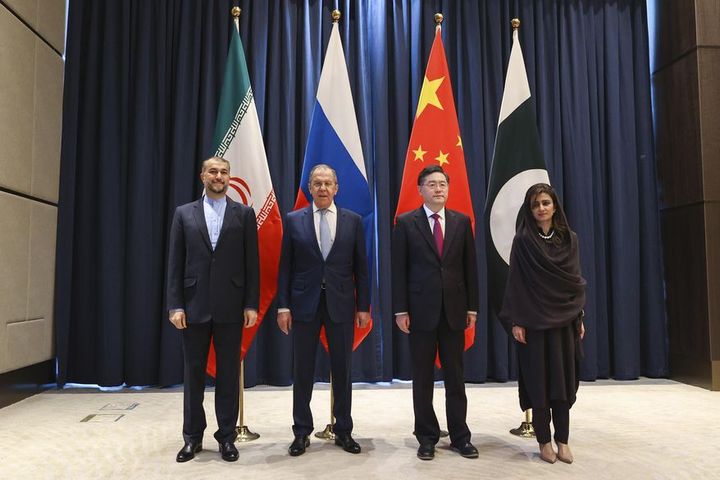German Chancellor Seeks EU-Indonesia Trade Deal to Move Away from China for Raw Materials

The Lede: German Chancellor Olaf Scholz said that he wants the European Union and Indonesia to establish a trade agreement as Germany shifts its reliance away from China.
What We Know:
- Indonesia is the partner country of this year's Hannover Fair in Germany. At the opening of the fair, Scholz told Indonesian President Joko Widodo that he was working toward achieving a free trade agreement (FTA) between Indonesia and the European Union, especially as it relates to the current reliance on China for crucial raw materials.
- He also mentioned that he was hopeful that the EU could reach agreements with the Mercosur block (Argentina, Brazil, Paraguay and Uruguay), Mexico, Australia, Kenya and India.
- Scholz specified that building processing facilities for raw materials in the countries where they are found should be part of any new trade deal so that local economies can also reap the benefits of their resources.
The Background: The EU and Indonesia officially began negotiations for a FTA in July 2016. However, the two sides have not reached a deal due to protectionism on the side of Indonesia and the EU’s policies toward palm oil, an important Indonesian export. The EU has been looking to boost its engagement with Southeast Asia. Free trade agreements have been concluded with Singapore and Vietnam, but talks with Thailand, Malaysia and the Philippines have stalled.
Likely Outcomes:
- The trend of the EU strengthening trade relations with Southeast Asian countries will continue as the desire to pivot away from China mounts and the tightening of access to raw materials puts increasing pressure on EU industries. Meanwhile, the EU will have to reflect on its values regarding standards of environment, labor, and rule of law that have been barriers to doing business in developing and emerging countries until now.
- Although European leaders have hinted at relaxing values-based trade policies, China has long engaged with countries economically without much regard for their internal affairs. These countries may now consider the terms of doing business with the EU if the policies create favorable trade conditions. Other countries may also follow suit as they also pivot away from China.
Quotables:
“At the moment we import many of them from China. And that’s despite the fact that rare earth, copper or nickel are often not extracted there but in countries such as Indonesia, Chile, or Namibia. We want to change that.” – Olaf Scholz, Chancellor of Germany
“The ultimate objective is for bilateral trade agreements with individual ASEAN countries to serve as building blocks towards a future region-to-region agreement between the EU and ASEAN.” – European Commission statement on the EU-Indonesia Free Trade Agreement negotiations
Good Reads:
German Chancellor Pledges Progress on EU-Indonesia FTA (The Diplomat)
Germany backs EU-Indonesia trade pact to curb China reliance (ABC News)
Indonesia - Infinite Journey (Hannover Messe)



